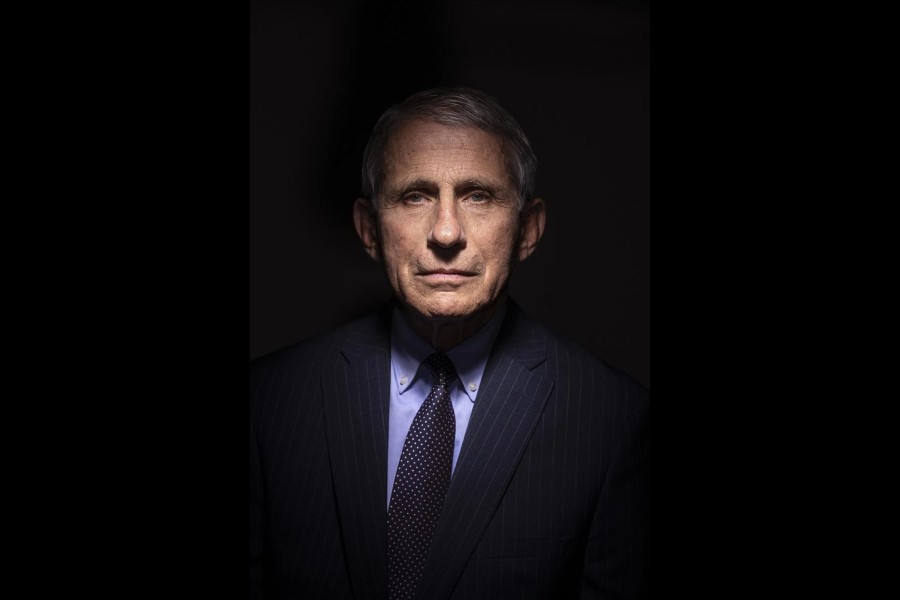Book: ON CALL: A DOCTOR'S JOURNEY IN PUBLIC SERVICE
Author: Anthony Fauci
Published by: Viking
Price: Rs 995
Anthony Fauci was the public medical face of the American response to the Covid-19 pandemic. His frequent TV appearances were meant to tell the truth about the epidemic and to show the way forward. His work behind the scenes was aimed at guiding the response to this extraordinary health crisis. In his memoir, On Call, Fauci invites the readers backstage and shows them the complex links between medical science and public health, offering lessons about responses to epidemics as well as reflections on the state of society: “We are living in an era in which information that is patently untrue gets repeated enough times that it becomes part of our everyday dialogue and starts to sound true and in a time in which lies are normalized and people invent their own set of facts.”
His memoir sets the record straight.
On Call shows us the personal itinerary of a doctor whose career spans half a century. His early dedication to immunology and to infectious diseases gave him scientific recognition. The memoir retraces his career in fighting AIDS and subsequent epidemics and pandemics — anthrax in the wake of 9/11, influenza, Ebola, Zika, SARS, and Covid as well as fears of bioterror attack—showing a man dedicated to medical research, aware of the limitations of medical science, intent on making a lasting contribution.
This medical contribution finds him confronting the world of politics. While conducting research, Fauci used his scientific credibility to influence policy. Despite the initial hostility of the leader of the ACT UP movement during the AIDS years, he developed a relationship with activists which, as he himself recognised, “yielded the most valuable scientific and clinical information”. His public role and his relationship with the circles of power were always defined by the principle that it “was crucial to be truthful and consistent in providing information based purely on scientific evidence and best judgment, and nothing else.”
With the Covid crisis, we find Fauci more than puzzled by the response of the Republican administration. Donald Trump would reiterate his love for Fauci while undermining him; advisers at the White House tried to discredit him; far-Right groups regarded him as the enemy, accusing him of creating the virus or shutting down the country, threatening him as well as his family. Fauci’s tone remains particularly measured, portraying Trump as childishly wanting to wish the pandemic away, conflating Covid with influenza, refusing to wear a mask, embracing the antimalaria medication, hydroxychloroquine, endorsing bleach as a means to disinfect the lungs. And yet, in all circumstances, Fauci remained true to his line of conduct, first recommended by a friend: “When you are walking into the West Wing of the White House to advise the president, vice president, or the White House staff… remind yourself that this might the last time you will walk through that door.” It is a measure of the respect which Fauci has commanded over the years that the door has always remained open to him.











